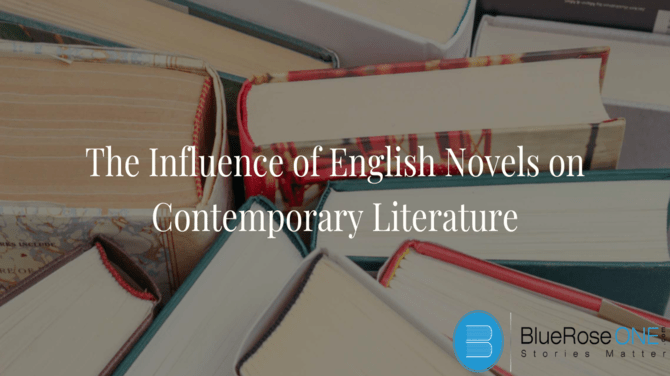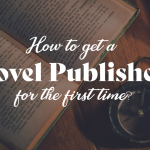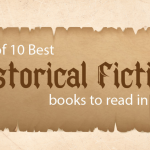The English novel, a cornerstone of literature, has captivated readers for centuries. It’s a portal to fantastical worlds, a mirror reflecting our own, and a wellspring of profound emotions. But what lies beyond the captivating narratives and the crisp turning of pages? Delving into the world of English novels unlocks a treasure trove of experiences, from historical insights to the evolution of human thought.
Journeys Through Time and Culture:
English novels transport us across continents and centuries. We can wander the bustling streets of Dickensian London in “Oliver Twist,” grapple with the horrors of war alongside Remarque in “All Quiet on the Western Front,” or lose ourselves in the opulent world of Fitzgerald’s “The Great Gatsby.” Each novel becomes a time capsule, offering a glimpse into the social norms, political climates, and cultural nuances of its era. By experiencing these bygone eras through the eyes of fictional characters, we gain a deeper understanding of the human story and the forces that have shaped our world.
The Evolution of Storytelling in English Novels
The history of the English novel itself is a fascinating narrative. From the picaresque adventures of the 18th century exemplified by “Tom Jones” to the introspective stream-of-consciousness of Virginia Woolf’s “Mrs. Dalloway,” the form has continuously evolved. Analyzing the changing styles and techniques employed by authors unveils the shifting literary landscape. We witness the rise of realism in the 19th century, the exploration of psychological depth in the 20th century, and the experimentation with postmodern structures in the contemporary world.
The Power of Language in english novels
The English novel isn’t just about plot and character; it’s a symphony of language. Masterful authors wield words like paintbrushes, crafting vivid imagery that ignites our imaginations. From the evocative prose of Jane Austen to the raw honesty of J.D. Salinger, each writer possesses a unique voice, shaping the emotional impact of the story. Studying these techniques allows us to appreciate the beauty and power of language, not just within the context of the novel but also in our own communication.
You may also like: The Importance of Professional Editing in Self-Publishing
Characters: Mirrors of Humanity in English Novels
The characters that populate the pages of English novels become more than just names on a page. They are our companions, our confidantes, and sometimes, our moral compasses. We celebrate their triumphs, mourn their losses, and learn from their mistakes. Characters like Elizabeth Bennet’s spirited defiance in “Pride and Prejudice” or the moral ambiguity of Raskolnikov in “Crime and Punishment” challenge our own beliefs and force us to confront the complexities of human nature. By grappling with their choices, we gain a deeper understanding of ourselves and the world around us.
The Gateway to Empathy
Stepping into the shoes of a fictional character fosters empathy, a crucial skill in today’s world. Through the lens of the novel, we experience the world from perspectives vastly different from our own. We learn to understand the motivations and emotions of characters who may hold opposing views or come from contrasting backgrounds. This fosters a sense of compassion and tolerance, a valuable lesson that transcends the pages of the book.
The Enduring Legacy
Beyond pure entertainment, English novels offer profound insights into the human condition. They explore themes of love, loss, hope, and despair – emotions that resonate across cultures and generations. By grappling with these universal themes, novels help us make sense of our own lives and experiences. They provide solace in times of hardship, ignite our curiosity about the world, and inspire us to become better versions of ourselves.
Exploring the World Beyond the Pages
- Join a Book Club: Discussing novels with others enriches your understanding and exposes you to different perspectives.
- Explore Different Genres: From science fiction to historical fiction, there’s a genre for everyone. Step outside your comfort zone and discover new literary landscapes.
- Take a Deep Dive: Don’t just read the book; analyze it. Explore literary criticism, research the author’s background, and delve into the historical context.
- Attend Literary Events: Readings, workshops, and author talks offer a chance to meet fellow book lovers and gain insights from the literary world.
- Write Your Own Story: The best way to appreciate the art of the novel is to try your hand at it. Explore your creativity and craft your own narrative!
You may also like: The Rise of Self-Publishing and What it Means for Authors
Frequently Asked Questions
There are several ways to find a book club:
- Local Libraries: Many libraries host book clubs that are free and open to the public. Check your local library’s website or bulletin board for listings.
- Online Platforms: Websites like Meetup (https://www.meetup.com/) and Goodreads (https://www.goodreads.com/) have groups dedicated to book discussions. You can search for groups in your area or based on specific genres you’re interested in.
- Community Centers and Bookstores: Some community centers and independent bookstores host book clubs. Check their websites or call them directly for information.
Social Media: Look for Facebook groups or online forums dedicated to book discussions. This can be a great option if you’re looking for a virtual book club.
There are many resources available online and in libraries to help you analyze a novel. Here are a few suggestions:
- Literary Criticism Websites: Websites like SparkNotes (https://www.sparknotes.com/) and LitCharts (https://www.litcharts.com/) offer summaries, character analyses, and thematic discussions for many popular novels.
- Online Journals and Articles: Academic journals and literary magazines often publish articles analyzing specific novels. You can find these resources through your local library’s online databases.
- University Websites: Many university websites have English literature departments that offer online resources, including lecture notes and reading guides.
Writing a novel is a challenging but rewarding endeavor. Here are a few starting points:
- Develop a Strong Story Idea: Come up with a compelling plot and well-developed characters.
- Read Widely: Immerse yourself in different genres and writing styles to hone your craft.
- Practice Writing Regularly: Develop a consistent writing routine and set achievable goals.
- Join a Writing Workshop or Critique Group: Get feedback from other writers to improve your work.
- Don’t Be Afraid to Revise: Revision is essential for creating a polished manuscript.
By exploring the world of English novels, you embark on a lifelong journey of discovery. From the timeless wisdom of classic literature to the innovative voices of contemporary fiction, there’s a universe of stories waiting to be explored. So, happy reading!















